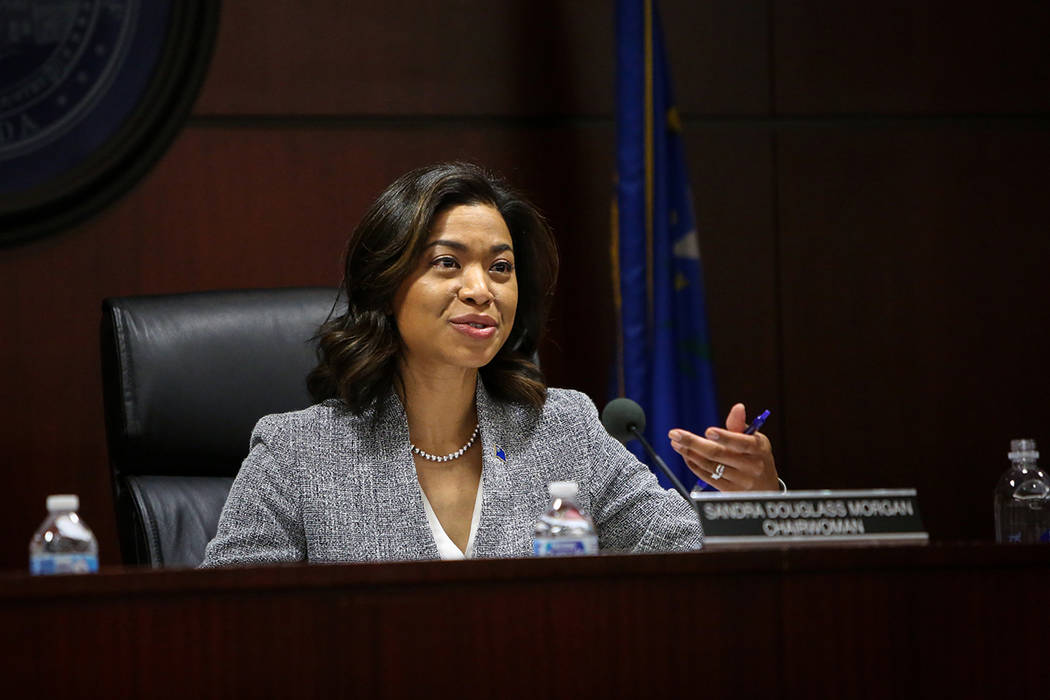Nevada gaming board examines rules on charitable games of chance

Nevada gaming regulators are looking to instill restrictions on who can take part in charitable games and lotteries.
Following a Thursday workshop, the Nevada Gaming Control Board recommended amendments to Regulation 4A, which governs games of chance that raise money for charitable causes. The motion is set to be reviewed by the Nevada Gaming Commission, which deferred action on amendments to the regulation last week.
A section regarding age restrictions was at the center of debate during the meeting. While representatives from a number of organizations argued that charitable lotteries and games are an important source of income for nonprofits, others said allowing children to take part in these games could put them at risk for developing gambling disorders.
Age restrictions
A draft regulation under consideration prohibits those under 21 from playing in any charitable game, and those under 18 from entering or collecting winnings from any charitable lottery, with some exemptions.
The control board unanimously passed a motion that would allow those under 18 to participate in charitable lotteries — including raffles — if a parent or legal guardian purchases the tickets for them.
Board members also voted to eliminate a section regarding age requirements in their recommendation to the commission.
According to board member Philip Katsaros, this is the first time regulators in Nevada have tried to set such a rule.
“For the past 30 years, there have been no age restrictions in the regulations or laws in charitable lotteries,” he said. “Never before had the regulations in Nevada, or statutes, touched upon this.”
Members of local nonprofits said that age restrictions in charitable games and lotteries could hurt their membership rates and outreach.
The Southern Nevada Coalition for Wildlife’s board was “just flabbergasted that we’d have to go in front of the Gaming Control Board because they don’t look at (raffles) as gaming,” said coalition president Mike Reese.
Nevada Gaming Control Board chairwoman Sandra Morgan and other board members stressed that they’re not trying to hinder any charitable organization, just provide guardrails that allow for safer fundraising.
Others disagree. Ted Hartwell, a research scientist at the Desert Research Institute, argued that raffles are a form of gambling, and exposing children to it could be detrimental, especially in Nevada. He pointed to a 2002 study from Gemini Research that found 6.4 percent of Nevada’s population were pathological gamblers, and more than 2 percent of adolescents were problem gamblers.
“Early and frequent exposure in childhood to gambling activities is a risk factor for developing a gambling disorder later in life,” Hartwell said. “There’s absolutely no need for children to be involved in gambling-related fundraising. Let adults administer raffles and lotteries … (at) fundraisers and let them sell those tickets to adults.”
Carol O’Hare, executive director of the Nevada Council on Problem Gambling, said it doesn’t matter if the money is going toward a good cause.
“The bottom line is, young people should not be gambling,” she said. “Just because it’s charitable, it makes no difference where the money goes.”
Contact Bailey Schulz at bschulz@reviewjournal.com or 702-383-0233. Follow @bailey_schulz on Twitter.